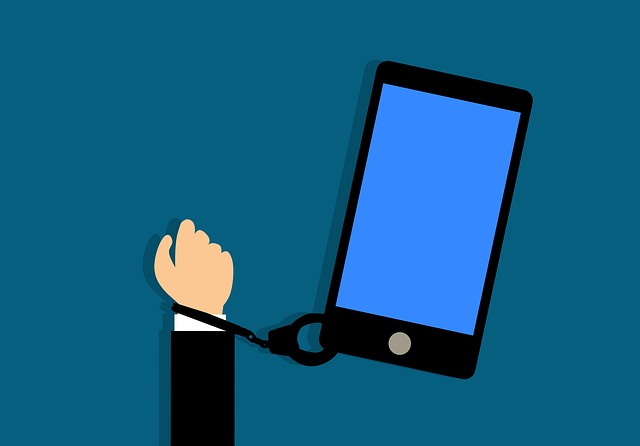I love how our brain works. It is magical, especially how we can be totally unaware of something and then, bang, because it comes into our consciousness, we notice it everywhere. Like a scotoma.
You know……A friend buys a new car and suddenly you notice that car everywhere because they talked to you about it. Or when you buy a dog – and suddenly you notice every single Vet practice or pet shop as you are driving around your neighbourhood.
This same thing happened to me this week with Digital Dementia.
I’ve long been an advocate of putting your phone down…….stepping away from the computer and taking a break. I am totally comfortable with allowing both my landline and mobile phones to go to message bank if I am busy – and that includes being busy with friends who are visiting or that I am out somewhere spending time with.
So……I did some research and what I discovered was really eye opening.
Digital Dementia is a phrase coined by German neuroscientist Manfred Spritzer in 2012 and refers to the deterioration of cognitive abilities from overuse of technology which creates symptoms similar to dementia including short term memory loss. Spritzer believes that when we use the computer, we are outsourcing our mental ability. We develop lazy patterns which diminish our problem-solving capacity because we can “google” it.
Of course, I needed to research more and found that:
>Constant use of technology is contributing factor in poor posture – we are bent over the device all the time; also contributing to an increase in behavioural disorders due to overstimulation and to growing obesity due to lack of movement and exercise – we tend to sit, with limited whole body movement, in one place to use it.
>The average Aussie spends 10 hours a day on internet connected devices – not surprising when 20.83 million of us are social media users.
>Over 50% of parents use a tablet or mobile phone to keep kids aged 0 – 3 entertained.
>We check our smartphones an average of 150 times a day – in Australia 45.2% of internet traffic is from mobile phones
>The average Aussie home as 17 connected devices including phones, televisions, tablets, watches and fridges and the majority of households have more than one television with many children having one in their bedroom.
>Social skills – the ability to connect in person with others – are diminishing as messaging someone becomes the norm.
More and more I notice a family or group of friends, out for a meal and every single one of them is on their phone. There is next to no interaction with the real people in front of them. Why go out together?
Here are my 4 practical tips for combating Digital Overload.
Tip 1
Practice mindfulness to give your mind time away from technology and to focus on the present moment.
I love guided meditations. When you Google mindful meditations over 2.75 million options will come up ranging in length from 5 mins to over 60 mins. I enjoy this one below which is 5 minutes long.
>>Mindfulness Guided Meditation<<<
Tip 2
One screen at a time – focus on what you are doing rather than having the TV, your smartphone and your laptop all connected and focused on something different at the same time.
Tip 3
Digital Detox
>Take mini breaks by regularly stepping away from your computer; by turning your phone to silent during the day or by deliberately taking the weekend off from reading emails or spending anytime on the internet.
>Consider taking a longer detox break as a family and rediscover games like Monopoly, Scrabble or Balderdash and begin relearning how to talk to each other again and create your own fun. There are some awesome case studies on the positive impact families gained from having the courage to detox.
Tip 4
Notice behaviours and change them
>Stop taking your phone to bed with you – put it in another room to charge [Go on……I dare you!]
>Consider removing emails and other apps from your smartphone – at least turn your notifications off
>Watch your posture – keep your head up and focused forward rather than down on a screen which decreases your alertness
>Get regular exercise and social interaction where you engage with real people, face to face
>Limit the screen time your kids have by providing other options for them
>Commit to having real conversations with people by ringing them and encouraging them to ring and speak with you rather than always using texting or email.
Lots to think about here hey? What can you implement today to manage Digital Dementia in your life and to actively instigate conversations with others?
Want to know more? Check out this 5 minute video with Simon Sinek. It will open your eyes and your mind. >>>Technology and You<<<


